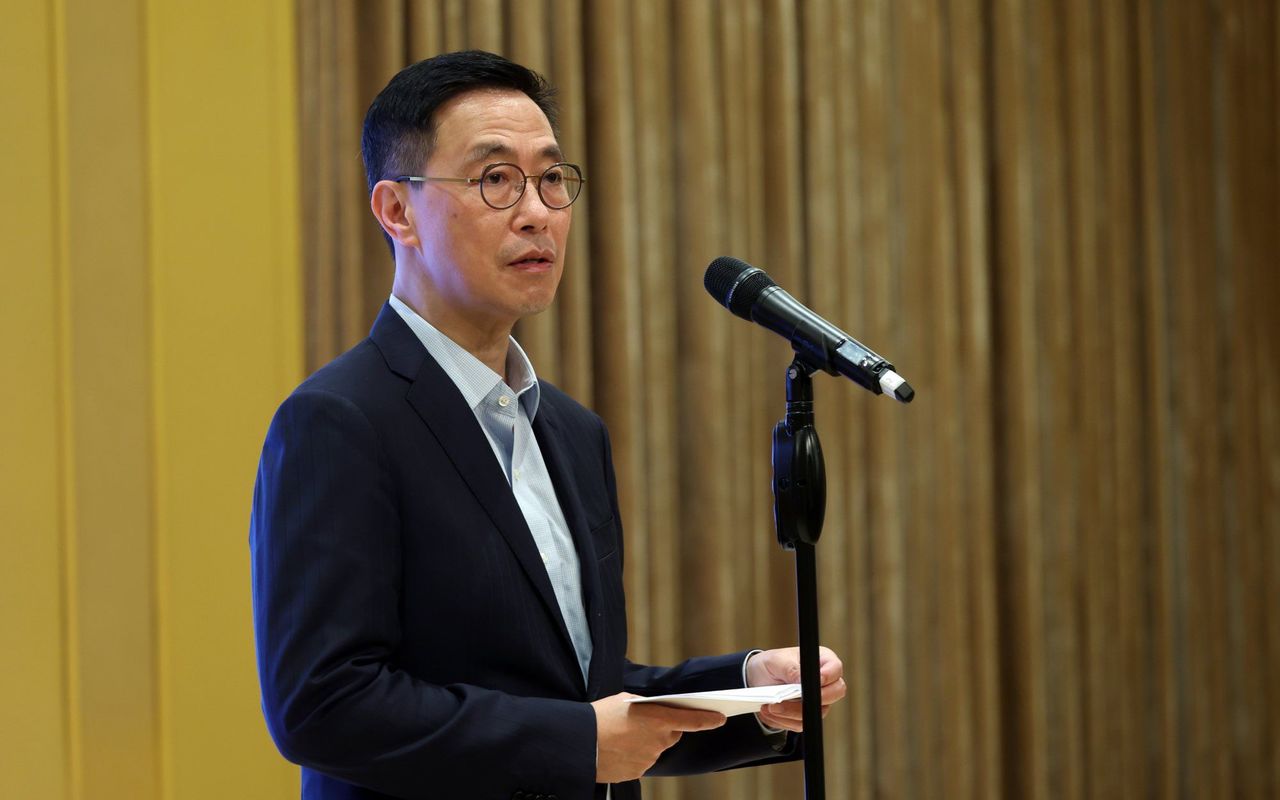Hong Kong News

Hong Kong tourism chief says ‘have faith in Disneyland’, affirms support for park
Hong Kong’s tourism chief has urged lawmakers to “have faith in Disneyland”, brushing aside calls for the city to stop subsidising the loss-making theme park as he acknowledged its positive impact on the local economy and youth development.
Hong Kong Disneyland’s financial situation had improved in recent years with net loss shrinking to HK$2.1 billion (US$268 million) in 2022, a 12 per cent drop from the year before, Secretary for Culture, Sports and Tourism Kevin Yeung Yun-hung on Monday said.
The park has failed to make a profit for eight consecutive years. The site was also hit hard by the city’s stringent Covid-19 curbs during the pandemic, only operating for 190 days between October 2021 and September 2022, accounting for about half of the previous financial year.
“I understand many of you may worry about the company’s future after reading the figures,” the minister told a Legislative Council panel.
“We should have faith in Disneyland. It recorded a profit back in 2012. It is also willing to expand the park. That demonstrates its confidence in the attraction’s prospects or else it would not invest further.”
Lawmaker Andrew Lam Siu-lo was among those who expressed dissatisfaction with the resort’s performance, noting it had only recorded profits for three years since it opened in 2005.
The legislator also raised concerns about when the theme park would be able to break even.
“I’m not even talking about when the park will make a big profit. If it’s tourism infrastructure that continuously records deficits, I wonder if the government subsidies should be continued while its financial reserves are also shrinking,” he said.
 Secretary for Culture, Sports and Tourism Kevin Yeung.
Secretary for Culture, Sports and Tourism Kevin Yeung.
However, tourism chief Yeung said the park had contributed HK$116.1 billion to Hong Kong’s economy, about 0.3 per cent of the city’s gross domestic product, since its launch, as well as providing employment opportunities for young people.
“As an investor and shareholder of Disneyland, the government will not force it to make a certain amount of money every year,” he said.
“We can’t just look at the overall profit or loss of the park, but also examine its positive effects on Hong Kong’s economy, youth and art development.”
The minister also said authorities would work with Disneyland and promote it alongside other tourism brands, such as Ocean Park, to give visitors more choices.
The city government owns 52 per cent of Hong Kong Disneyland, with the remainder held by US-based the Walt Disney Company in a joint venture called Hong Kong International Theme Parks.
Residents during the pandemic helped keep the park afloat, lifting turnout to 3.4 million in the 2021-22 financial year, an increase of 22 per cent from the previous one, while revenue rose 31 per cent to HK$2.2 billion.
The resort over the same period also logged a 22 per cent increase in membership holder attendance, a historic high.
Michael Moriarty, managing director of Hong Kong Disneyland, said the park’s changing fortunes were largely dependent on the recovery of the overall tourism industry and market. He also stressed the need for a greater diversity of visitors.
“Recovery really is just a few months old right now and we’re still learning about the pace of it and how fast that will go,” he said, adding that tourist attendance was “very dependent” on the city’s overall air flight capacity.
Highlighting a recovery in park attendance during the Easter and Labour Day “golden week” holidays, Moriarty said: “But I can say we’re doing better than the market right now.”
According to the managing director, the number of visitors from Southeast Asia had returned to pre-pandemic levels, with tourists from the Philippines, Singapore and Thailand among those flocking there during the Easter break.
Attendance by mainland Chinese tourists during the extended Labour Day holiday had also reached pre-pandemic levels, with many visitors coming from Guangdong province, he added.
Moriarty also said the park from mid-June would be open six to seven days a week, up from the current five to seven days.
However, accountancy sector lawmaker Edmund Wong Chun-sek said he doubted the park’s workforce of 4,700 full- and 1,400 part-time employees would be sufficient to cope with the increase in visitors, with various sectors battling personnel shortages.
Moriarty said the park had hired 300 people during a job expo in February and would bring in more than 1,000 cast members for a Frozen-themed attraction set to launch in November.
“The job market is very challenging right now, we have a number of tactics in place to attract and retain new cast members, although we can’t discount that there’s a significant labour issue in Hong Kong,” he said.
“We need to continue to work with universities and vocational schools. We’re looking for over 1,000 right now amid recovery and expansion.”











